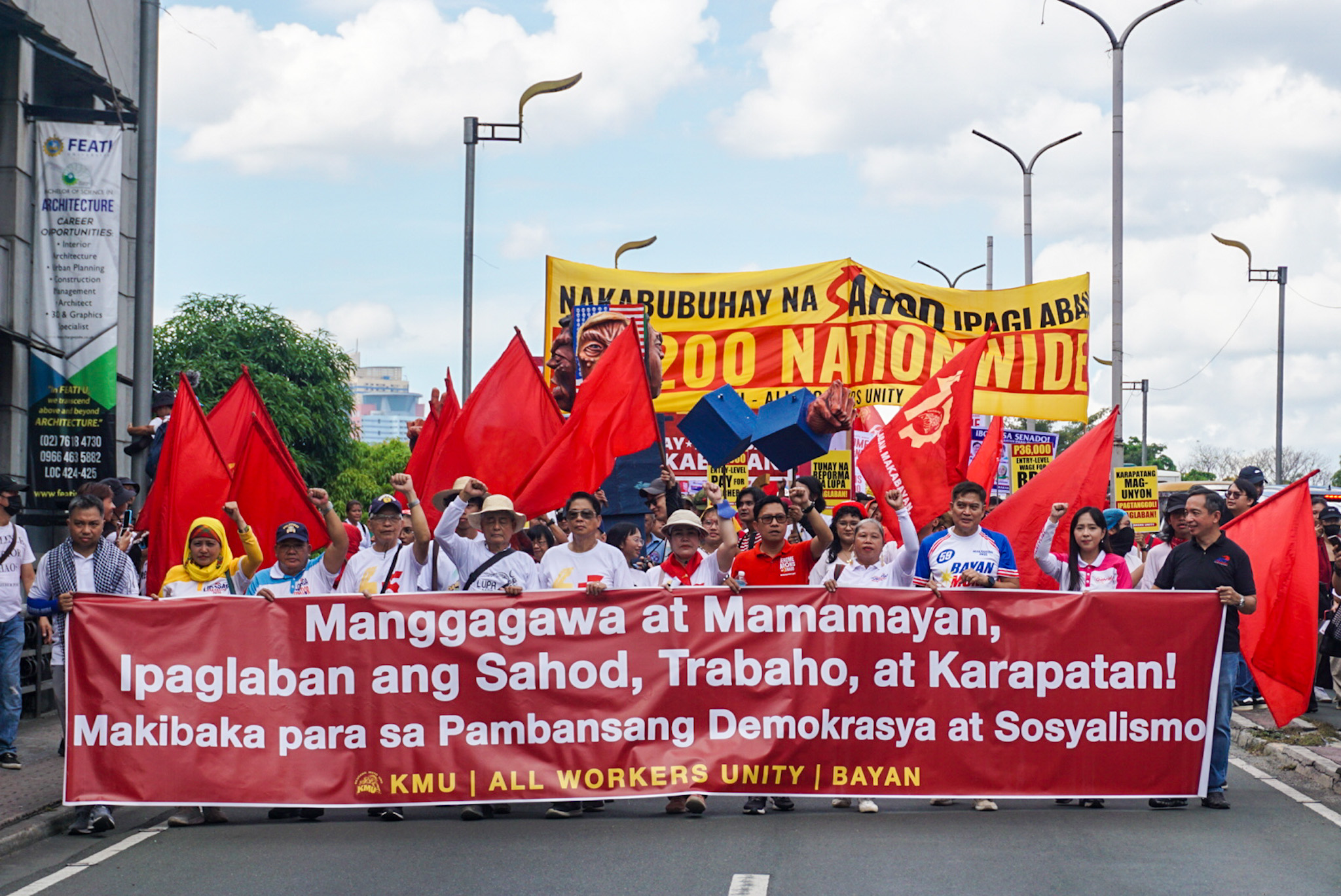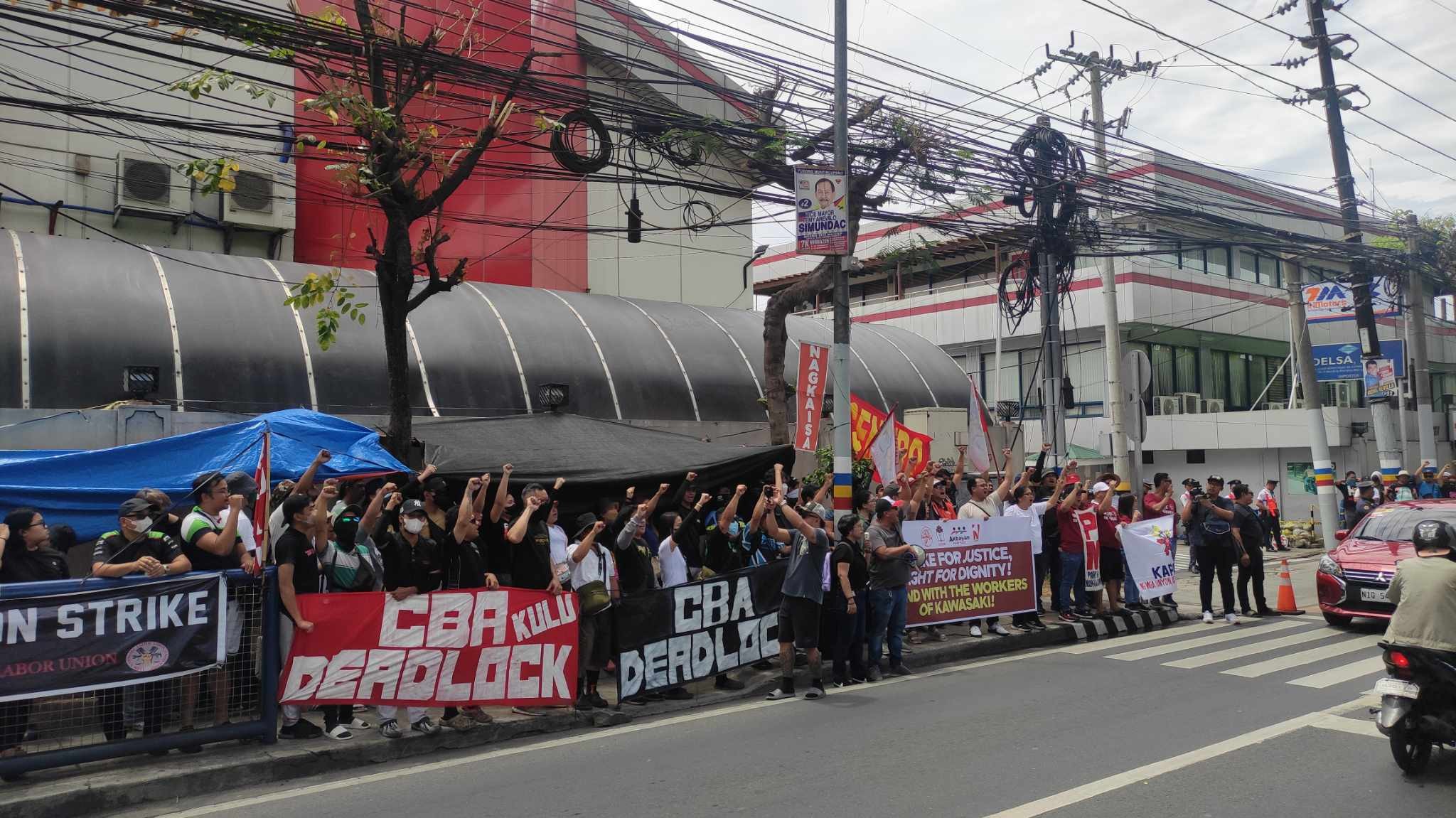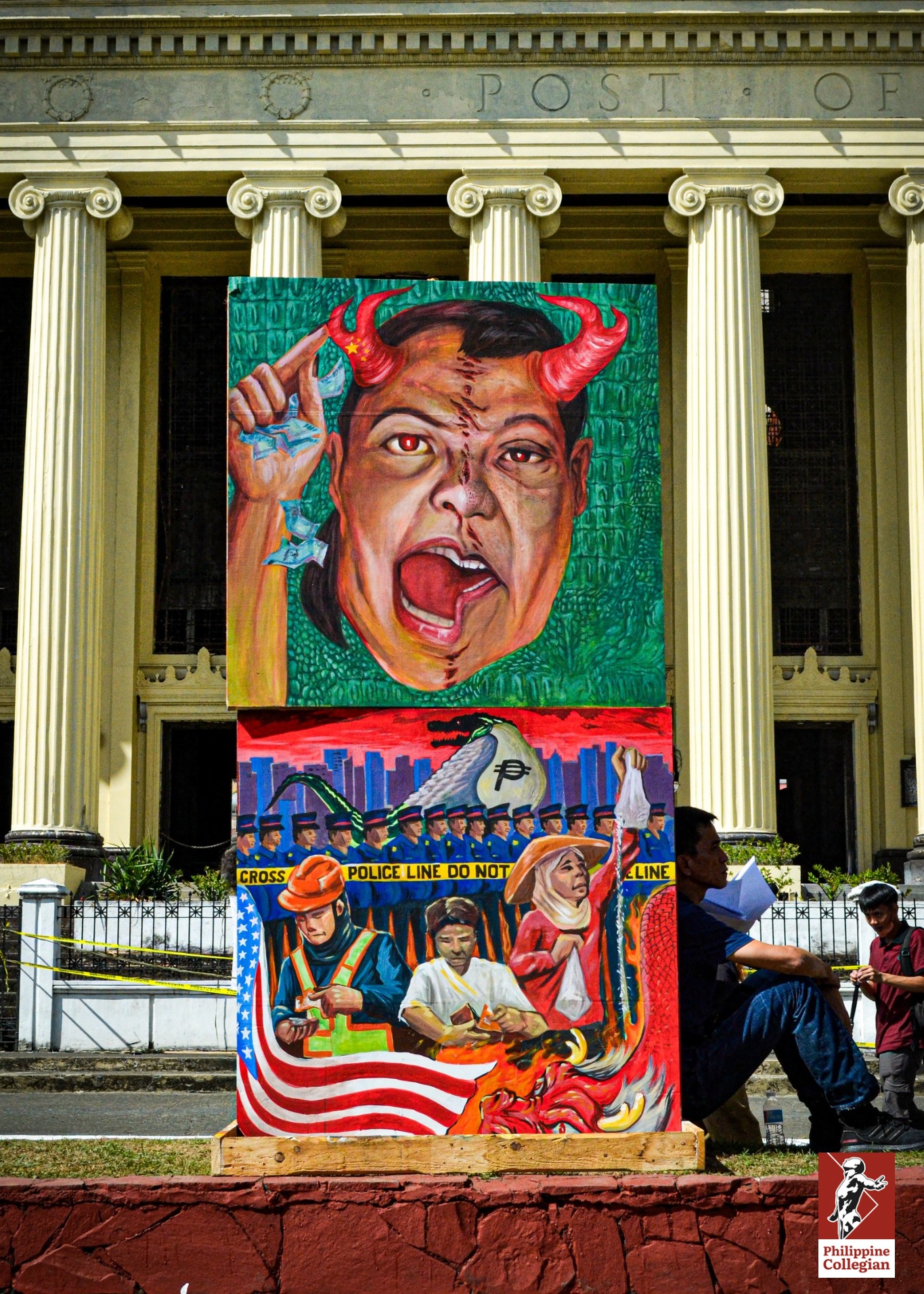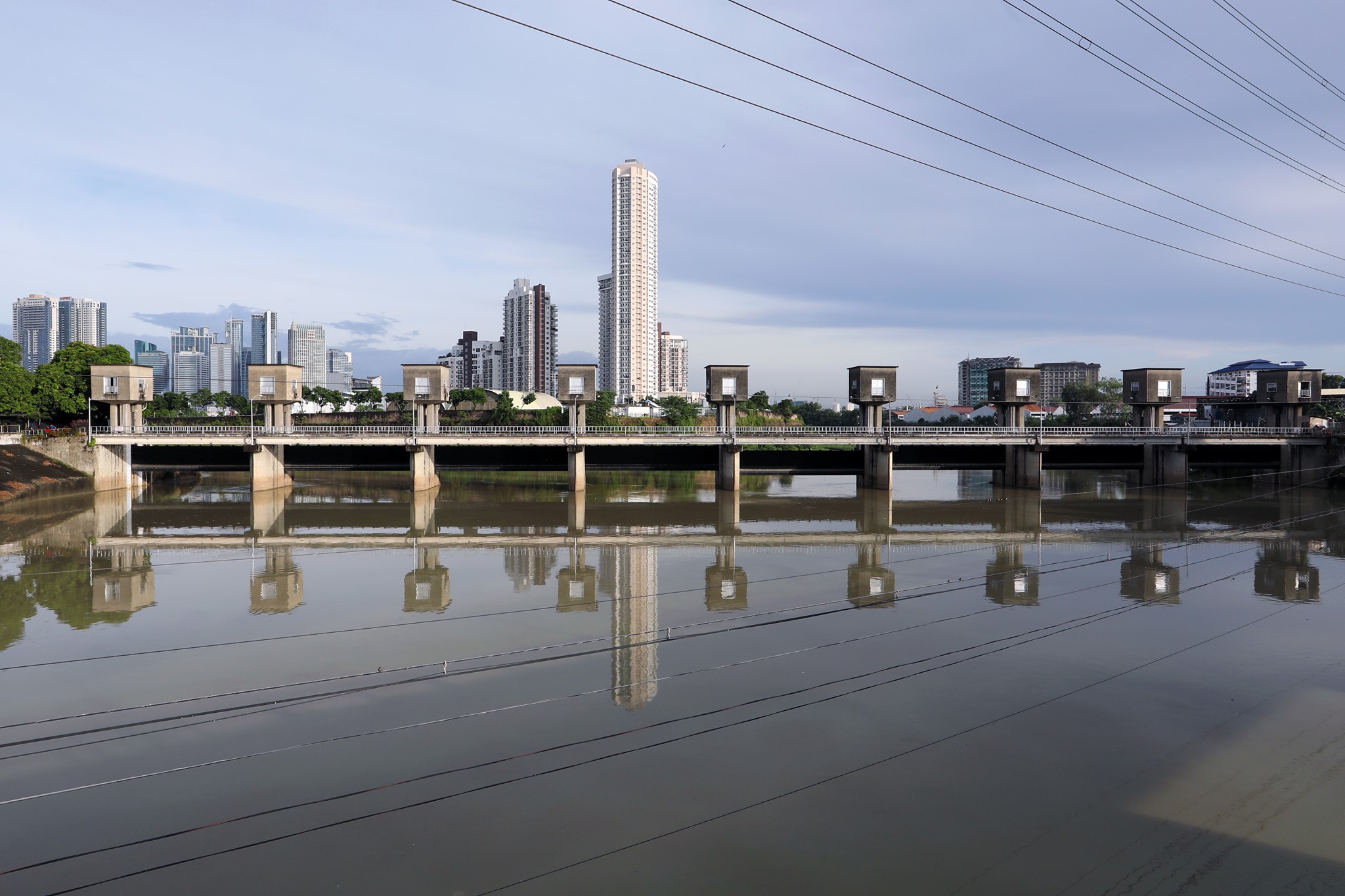“Hindi naman nakakain ang impeachment,” Sen. Bong Go said, days before the Senate killed a bill for a national minimum wage hike that could have helped Filipinos feed their families.
Before the Senate’s refusal to engage with the House to reconcile versions of the measure, Senate President Chiz Escudero said it is not part of the priority bills approved by the Legislative-Executive Development Advisory Council.
Such a deliberate disregard for workers’ needs dovetails with broader transgressions of labor rights, recently affirmed by the Philippines’s inclusion for the ninth consecutive time in the top ten worst countries for workers by International Trade Union Confederation’s Global Rights Index 2025. The dismal rate is largely attributed to violations of workers’ freedom of association, similar to the reason for the country’s dip in its score in the latest Labor Rights Index.
The state thus buries workers in a cycle of impoverishment by refusing to promulgate measures for livable conditions and hindering the exercise of rights supposedly aimed at curbing their dire dispositions.
President Ferdinand Marcos Jr.’s refusal to certify the national wage hike as urgent and Congress’s failure to pass it demonstrate yet another instance of the state succumbing to corporate interests at the expense of its working constituents.
In fact, the administration’s economic managers denounced the proposals for a national wage hike yet again, rehashing the hackneyed claim that it would harm the economy. They echo the arguments espoused by different associations of employers while undermining the calls of millions of workers at a time when half of Filipino families already consider themselves poor.
Repetition of such claims, however, does not make them true. Moderate wage hikes will not necessarily result in catastrophic inflation and retrenchments, according to a recent study by the UP School of Labor and Industrial Relations, consistent with findings long forwarded by IBON Foundation.
Though espousing such debunked fearmongering claims, these economic managers and businesses still say they are not against worker welfare. They argue that these matters must only be deferred to Regional Tripartite Wages and Productivity Boards, which have been laggard in adjusting wages to keep up with inflation.
Lobbying to these boards also presents no guarantees in the face of repression against unions. By stifling workers’ freedom of association and right to peaceful assembly, the state maintains the same conditions reflective of the move to kill the nationwide wage hike: Laws are skewed toward corporate interests.
There are only 152,157 registered labor organizations with 6.52 million workers, according to the latest report by the Bureau of Labor Relations, tantamount to around 1 in 10 laborers. Those covered by collective bargaining agreements are even lower, constituting only 322,979 workers.
Discouragement of workers' participation is borne from a connivance between corporations and the state. Recent instances of union-busting and neglect of workers' associations occurred in Nexperia, Kawasaki, SLEX, and Metro Wear Incorporated. The labor bureau also issues assumption of jurisdiction orders, like in Nexperia, to forcibly halt strikes.
By stunting contestation at the local level, workers are precluded from mobilizing at broader scales. National labor centers, like the Kilusang Mayo Uno, have long been subjected to threats such as red-tagging. They are structurally daunted from launching widespread action for all-encompassing measures like the national wage hike.
Local groups, then, grasp that a truly effective struggle is one that is linked to larger, systemic, national ones, as even small-scale gains can be overturned in the absence of robust protective policies. A sustained, widespread workers’ front is thus necessary in resisting state neglect and amassing long-term victories.
Unified labor formations, seen in networks like the National Wage Coalition, must strengthen their ranks and engage in necessary actions to press the next Congress for a legislated national wage hike, which Marcos must deem a priority measure.
To ensure that they can advance the struggle to the fight for a livable P1,200 wage, workers must also be systemically supported to collectivize and assert their rights. A bill filed by the Makabayan bloc, aiming to protect unions from interference, was passed in the House, but its counterpart remained pending in the Senate.
The recently adjourned Congress may have killed a much-needed measure, but not the workers’ defiant resolve. Laborers must show those in power, who profit from the toil of many, what happens when they bite the hands that feed them. ●
First published in the June 19, 2025, print edition of the Collegian.






